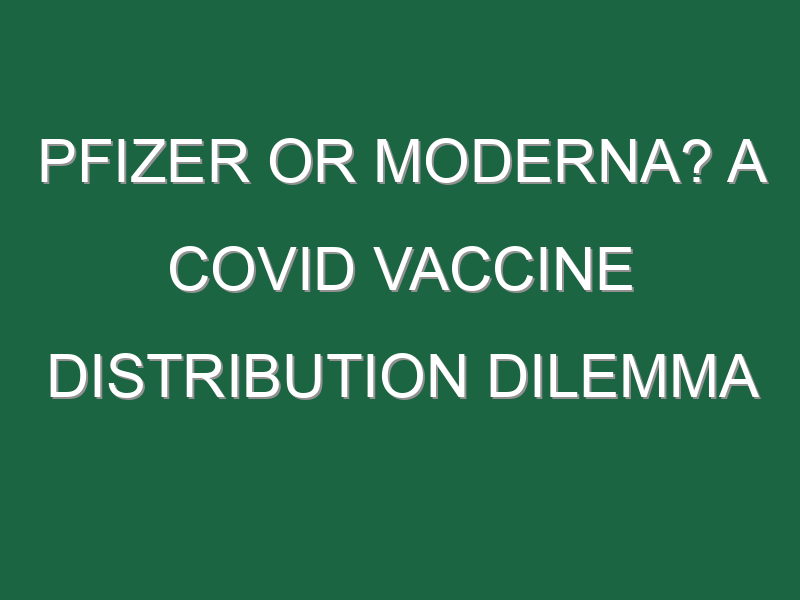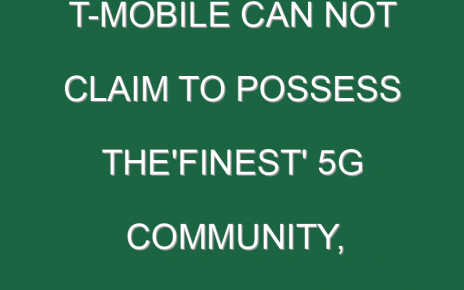Good afternoon, readers.
Say you walk into a hospital or other COVID vaccine distribution site. You qualify to get one because you’re a priority group under local regulations, and there are enough available doses around for you to get one. Which one would you actually receive?
The Food and Drug Administration (FDA) has already granted emergency authorization to two of them, one from Pfizer and its German partner BioNTech and the other from Moderna. But you’re unlikely to know which one of those you’ll be getting.
This pandemic has had a unifying theme: Triage. You get the resources to who needs them most. You allocate such resources accordingly. That was the case with coronavirus testing at the start of the outbreak. Now it’s the case for one of the most complex immunization campaigns in history.
While the Pfizer and Moderna vaccines share scientific roots, they’re still very different products with different logistical requirements such as storage and dosing (though they’ve been shown to be similarly effective in clinical trials). But location will almost certainly dictate exactly which shot you receive.
Live near a major, sprawling, sophisticated health system? You might get Pfizer’s vaccine, which has ultra-cold storage requirements that a smaller hospital may not have the tools to manage. Live in a rural area? Perhaps Moderna’s vaccine, which doesn’t require these more specialized capabilities.
Keeping track of all this is key since mixing up two different vaccines could be dangerous (a fact which has forced health systems to work with electronic health record vendors to keep an eye on who’s getting what).
It all boils down to flexibility, and more vaccines will eventually arrive to the market. But the disparate strategies for COVID vaccine deployment could also breed some confusion.
On a related note, the global pandemic has exposed deficiencies in health systems everywhere and has highlighted the importance of advancing with more patient-centric solutions.
What’s more, the transformative spirit and speed of change—from therapeutics to the recent vaccine development and deployment—have demonstrated that health systems can be more efficient in meeting demands today and tomorrow. You can join Fortune for a special conversation on these topics and more, presented in partnership with Roche, on January 21 at 11 a.m. to 12 p.m. ET.
Read on for the day’s news, and see you next week.
Sy Mukherjee
[email protected]
@the_sy_guy



